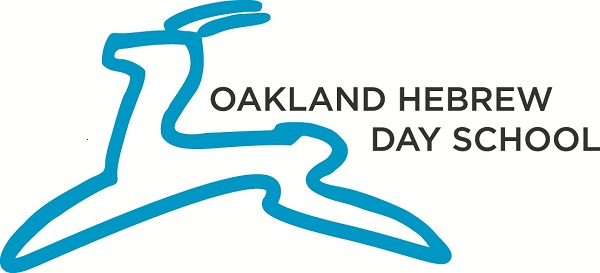3rd Grade General Studies
-
Language Arts
Third graders make the powerful transition to “reading to learn”, using their literacy skills to deepen their knowledge and express their ideas. Through poetry, stories, hands-on centers activities, writing and discussion, students:
Read third grade level text with fluency and comprehension
Describe characters in a story and how their actions contribute to the sequence of events
Compare and contrast the themes, settings and plots of stories written by the same author
Participate in shared inquiry discussions, responding to open-ended interpretive questions using evidence from the text
Write paragraphs with topic sentences, supporting details, concluding sentences, clear sequencing of ideas and rich descriptive language
Research a topic, take notes and produce a multi-page original report that provides facts on many subtopics and uses descriptive writing to grab the reader’s attention
Engage in the complete writing process including planning, drafting, editing, revising and publishing
-
Math
Third grade mathematicians take big leaps forward as they encounter more complex mathematical concepts and apply what they know to solve more challenging problems. Using a hands-on approach through the Singapore Math curriculum, students:
Represent and solve problems involving multiplication and division
Solve problems involving the four operations, and identify and explain patterns in arithmetic
Use place value understanding and properties of operations to perform multi-digit arithmetic
Show understanding of fractions as numbers
Solve problems involving measurement and estimation of intervals of time, volume and mass
Represent and interpret data
Understand concepts of area and relate area to multiplication and addition
-
Science
Third grade zoologists take a deep dive into the world of animals, exploring concepts of habitat, survival, and adaptation. Through hands-on projects, field trips, reading, writing and discussion, students:
Build scientific information and thinking skills through the exploration of zoology
Learn about earth’s biomes, natural defenses, food webs, animal classification, adaptation, extinction, and predation
Name, describe and compare Earth’s biomes
Read scientific text to collect information, learn processes and understand new concepts
Write about scientific processes, observations and information using precise vocabulary and specific evidence to support conclusions
Conduct independent research to learn in-depth about a specific animal
-
Social Studies
From personal narratives to family trees, biographies and immigration, third graders explore the stories that help us understand history. Through reading, writing, interviews, hands-on activities, field trips and discussion, students:
Create a detailed personal timeline with descriptive narratives that bring small moments to life
Interview parents and grandparents to develop an understanding of personal family history
Conduct research on a specific immigrant group to learn about the motivations, challenges and unique contributions of immigrants to the United States
Read biographies to learn about the ways in which an individual can impact history
Name and locate Earth’s continents on a map
